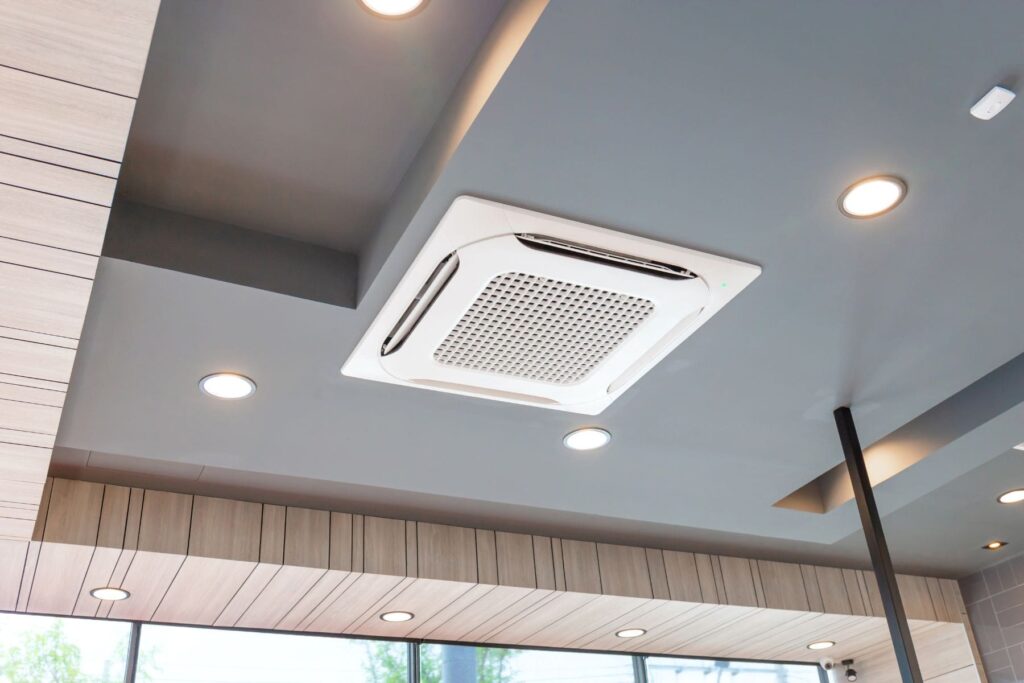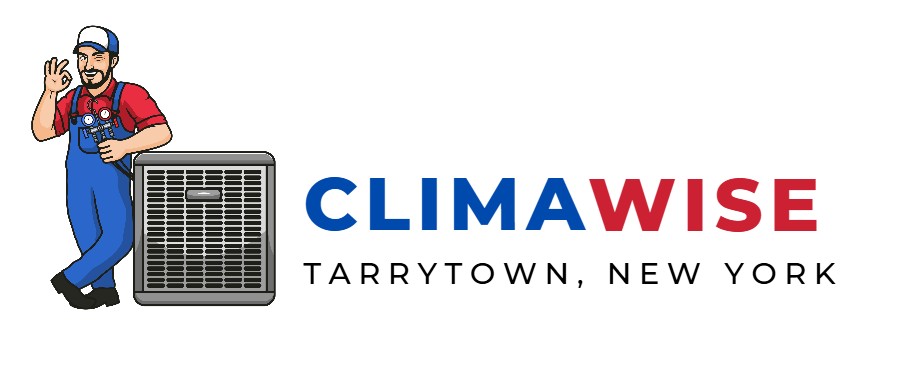BLOG
Signs Your AC Is About to Break
Is your air conditioning unit on the brink? Your air conditioner works hard to keep your home or business comfortable—especially during the hot Tarrytown summers. But like any appliance, it can show signs of wear before it breaks down completely. Catching these warning signs early can save you from a sudden system failure and costly emergency repairs. If your AC has been acting up, don’t ignore it—it might be trying to tell you something.
Get a free estimate
Your AC Should Be Checked At Least Once A Year
To keep your air conditioning system running efficiently, it should be professionally checked at least once a year—ideally before the summer heat hits. Regular maintenance helps catch small issues early, preventing costly breakdowns and keeping your unit operating at peak performance. If your system is older or used heavily, a check-up every six months may be more appropriate. Repairs should be scheduled as soon as you notice signs like weak airflow, strange noises, or temperature inconsistencies. Routine inspections not only extend the life of your AC but also help reduce energy bills and unexpected repair costs.

Signs Your AC Is On The Brink
1. Warm Air Instead of Cool
If your AC is blowing warm or lukewarm air, it could be a sign that the compressor is failing or that your system is low on refrigerant. This problem reduces your comfort and signals that the cooling process isn’t working properly. It’s important to have it inspected promptly before more serious damage occurs.
2. Weak or Limited Airflow
Weak airflow might mean your air filters are clogged, your ductwork is blocked, or your blower motor is failing. This reduces the system’s efficiency and can lead to uneven cooling in your home. If left unchecked, it puts unnecessary strain on the entire unit.
3. Unusual Noises
Grinding, squealing, or banging sounds from your AC often indicate worn-out belts, loose parts, or internal damage. These noises usually don’t go away on their own and can worsen over time. Immediate attention can prevent more costly repairs down the road.
4. Frequent Cycling
If your AC is constantly turning on and off, it’s likely short cycling due to a thermostat issue, electrical problem, or oversized unit. This not only shortens the lifespan of your system but also causes uneven cooling and higher energy use. A technician can diagnose the root cause and restore proper function.
5. Rising Energy Bills
A sudden increase in your energy bill usually means your AC is working harder than it should to cool your home. This could be caused by dirty coils, failing components, or poor airflow. Addressing the issue quickly can help bring your costs back down and improve system efficiency.
Maintenance Tips For Homeowners
Most AC breakdowns don’t happen overnight—they build up slowly due to dirt, wear, or neglect. A yearly tune-up can catch all of the above signs before they turn into a mid-summer emergency.
During a tune-up, we’ll:
Inspect and clean the condenser and evaporator coils
Check refrigerant levels
Replace or clean filters
Tighten electrical connections
Lubricate moving parts
Test system performance
It’s a small investment that can save you thousands in emergency repairs or early replacements.
